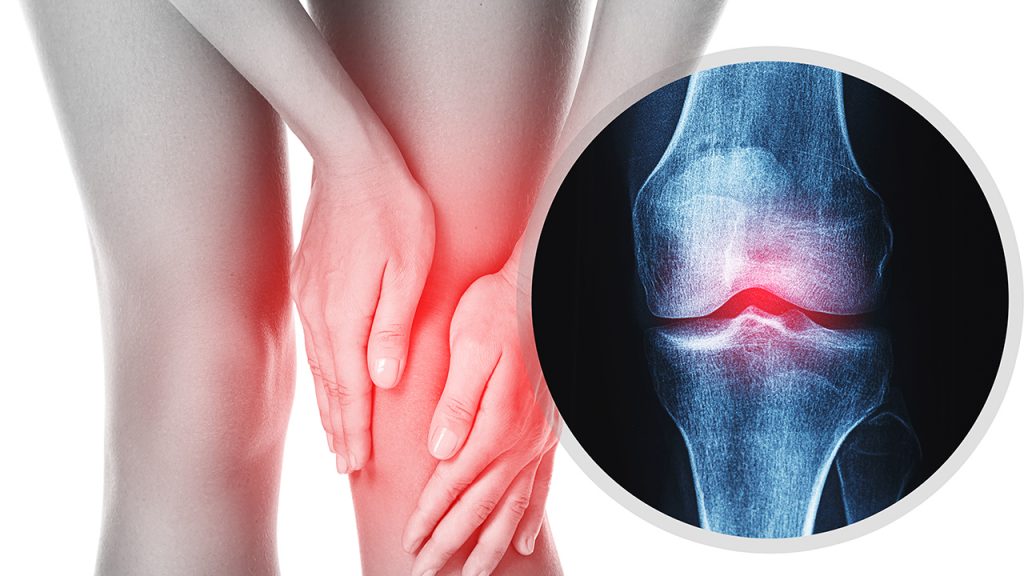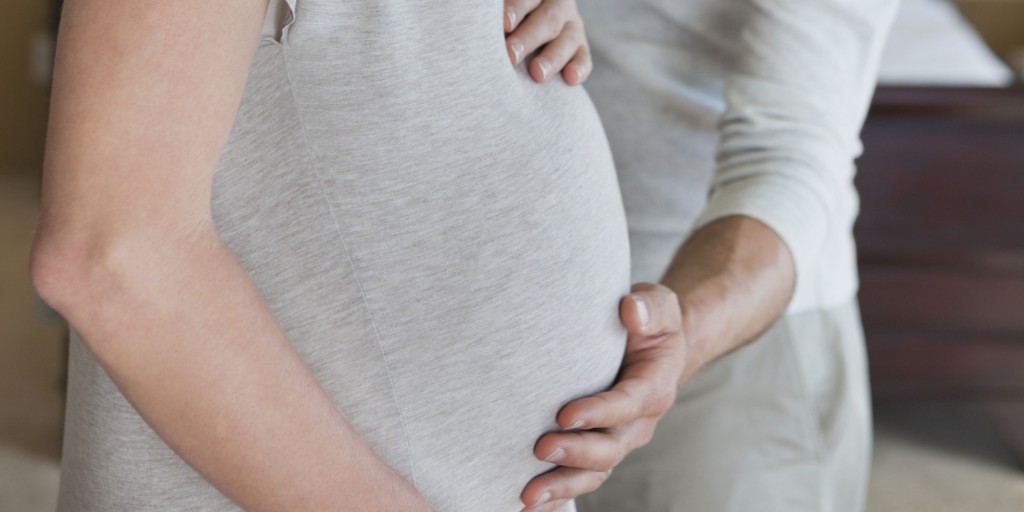
The other day one of my patients who is in her 60s fell while walking and she got a hip fracture. When I asked what the reason for your fracture was? She said it’s my old age. I asked if you would have fallen like this 30 years back, would you have got a fracture? She said No.
As we age, naturally our bones start becoming weaker. But there are certain milestones we need to be aware of. And menopause is one important milestone in women’s life.
The menopause is NOT JUST the end of your period cycle. A lot more changes happen in your body before, during and after menopause. And changes in your bones are very important because bone is NOT JUST a hard and brittle skeleton but it’s a living organ, alive with cells. Bones are constantly renewed. And during menopause women may lose bone mass rapidly for several years.
Why is Bone Health Important During Menopause?
Oestrogen hormone is crucial for bone formation. During menopause, oestrogen levels decrease, leading to rapid bone density loss and increasing the risk of osteoporosis, which weakens bones and heightens fracture risk. Bone loss begins 1-3 years before your last period, accelerating rapidly after menopause and continuing for the next 5-10 years, with an average annual bone density loss of 2%.
What to Check for Osteoporosis Risk?
Be aware of conditions that increase osteoporosis risk, aside from menopause:
- Low Bone Mass: High risk if you had lower bone mass in your younger years.
- Early Menopause: Increased risk if menopause occurs before age 45.
- Lifestyle Factors: Smoking and alcohol use elevate risk.
- Medications: Taking depression medicine or steroids adds further risk.
Steps for healthy Bone Life
- Seek Medical Help: Osteoporosis is often called a silent disease because it has no symptoms until a fracture occurs. Don’t wait for a fracture to find out about your bone health. Talk to your doctor about the need for osteoporosis screening. Hormone treatments can also be used to help manage bone density.
- Do Weight-Bearing Exercises: Exercise is crucial in preventing osteoporosis. Weight-bearing activities like walking, running, and lifting weights help strengthen bones. Start with light exercises for about 30 minutes daily and include strength training 2-3 times a week. Activities like brisk walking, cycling, swimming, and controlled dancing can be very beneficial.
- Eat Calcium and Vitamin D: 50-70% of your bones are made up of calcium. Vitamin D is essential for calcium absorption. Include dairy products, green leafy vegetables, almonds, fish with bones, and soy in your diet. Exposure to sunlight is the primary source of Vitamin D, but dietary sources include egg yolk, fatty fish like mackerel, salmon, tuna, and fortified foods. If necessary, consult your doctor about supplements.
Additional Tips
- Quit Smoking: Smoking increases the risk of osteoporosis.
- Limit Alcohol: Reducing alcohol intake can help protect your bones.
- Reduce Caffeine: Switch to decaf drinks to minimize the impact of caffeine on bone health.
- Maintain a Healthy Weight: Both overweight and underweight conditions can increase the risk of osteoporosis.
If you or someone you know is at risk for osteoporosis, it’s crucial to take preventive steps before a fracture affects the quality of life. By following a triangle of exercise, diet, and medical help, you can continue to enjoy activities like hiking, dancing, or playing with your grandkids. Take care of your bone health as soon as possible to avoid osteoporosis from becoming a significant issue in your life. For further information or guidance, reach out to our certified experts by subscribing to GOQii’s Personalised Health Coaching here.
#BeTheForce
 Should women workout during their menstrual cycle? It’s a question asked by most women who have either started working out, have been in sports or trekking, etc. How can a woman or girl stop working out for a span of 4-6 days, especially the ones who are active? There could be varied opinions on the same.
Should women workout during their menstrual cycle? It’s a question asked by most women who have either started working out, have been in sports or trekking, etc. How can a woman or girl stop working out for a span of 4-6 days, especially the ones who are active? There could be varied opinions on the same. Having said this, the intensity of workouts should not be very high, it should be low to moderate. Before starting off, you may not feel like doing so but, as you start with a light warm-up such as a slow walk, followed by some stretching, it will make you feel better and thus, take the workout forward slowly and steadily. In fact, light stretching will even help you get rid of congestion in the pelvic area.
Having said this, the intensity of workouts should not be very high, it should be low to moderate. Before starting off, you may not feel like doing so but, as you start with a light warm-up such as a slow walk, followed by some stretching, it will make you feel better and thus, take the workout forward slowly and steadily. In fact, light stretching will even help you get rid of congestion in the pelvic area.




